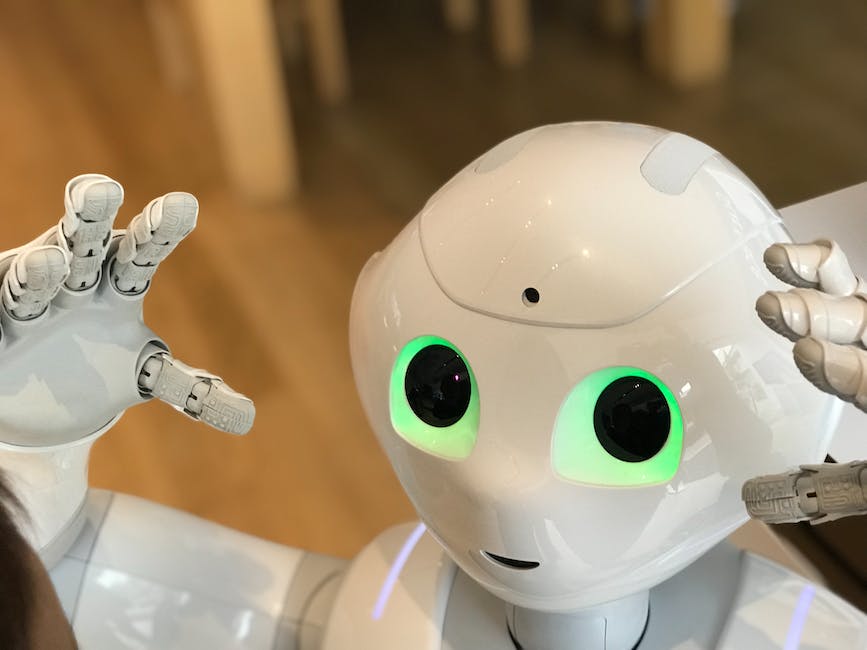Microsoft’s Bing Sydney team has developed a new AI chatbot that can answer historical questions. The chatbot, called ‘History Bot’, uses machine learning to analyze millions of historical texts and present the user with relevant answers to their questions. According to Microsoft, the chatbot is designed to make learning about history more accessible and engaging.
The chatbot can answer questions about a wide range of historical topics, from the ancient civilizations of Greece and Rome to modern-day events. It uses natural language processing to understand the user’s question and retrieve relevant information from its database of historical texts. It can also provide additional context and related information to help the user understand the answer.
The History Bot was developed by a team of researchers at Microsoft’s Bing Sydney office, led by Principal Applied Scientist Jianfeng Gao. Gao said that the chatbot was designed to be easy to use and understand, even for people who are not experts in history. He also said that the chatbot’s ability to learn from its interactions with users will allow it to improve over time.
The development of the History Bot is just one example of the many ways that artificial intelligence is being used to enhance education and learning. AI-powered chatbots and virtual assistants are increasingly being used in classrooms and online learning platforms to provide students with personalized help and support. These technologies can help to make learning more engaging and accessible for students of all ages and abilities.
However, there are also concerns about the use of AI in education. Some critics worry that AI-powered chatbots and virtual assistants may replace human teachers and instructors, leading to a devaluation of the teaching profession. Others worry that these technologies may perpetuate bias and inequality by relying on biased data and algorithms.
Despite these concerns, the development of AI-powered chatbots like the History Bot is likely to continue, as researchers and educators look for new ways to harness the power of AI to enhance learning and education. As these technologies continue to evolve and improve, they may play an increasingly important role in the future of education, helping to make learning more accessible and engaging for everyone.




